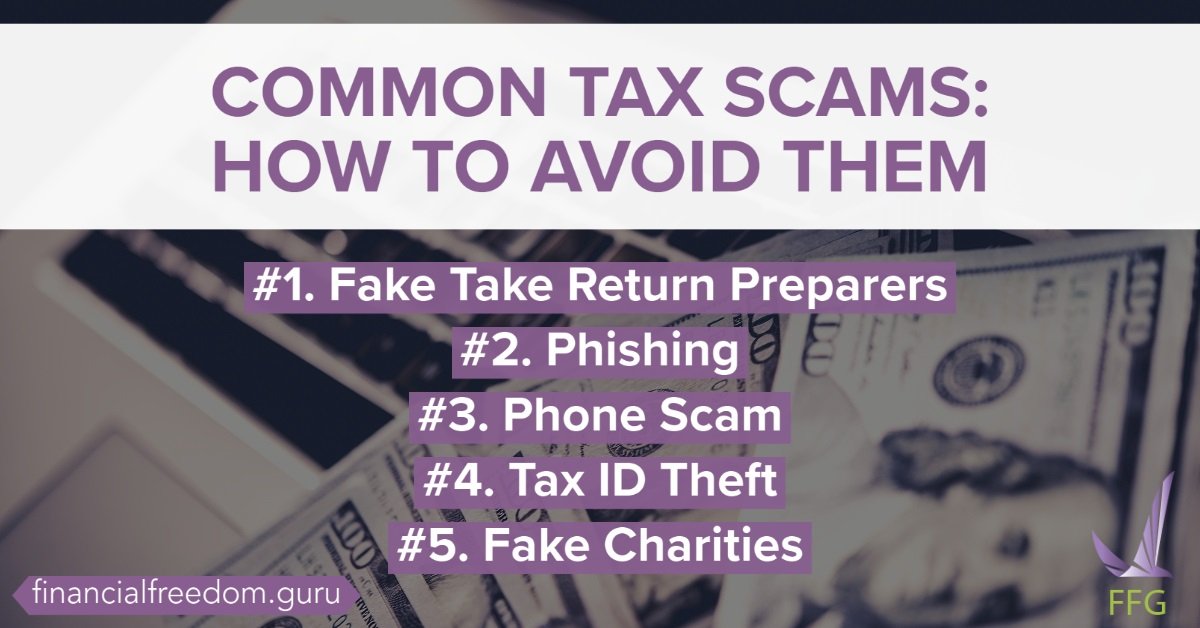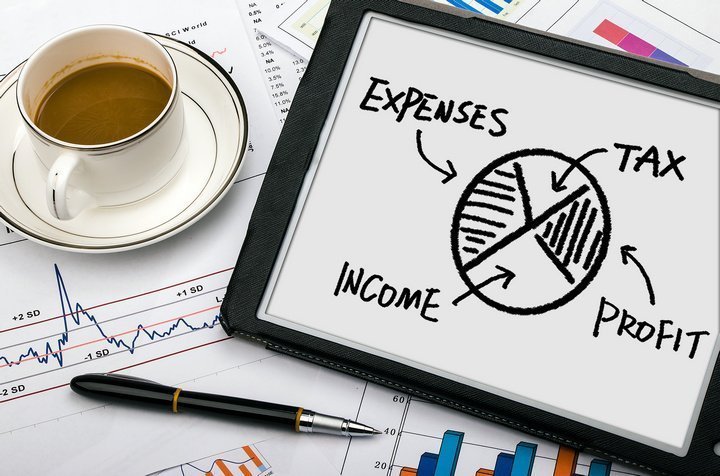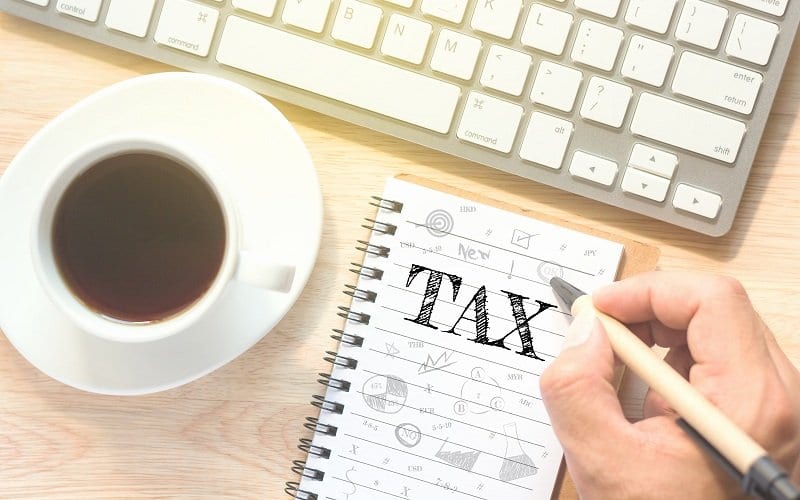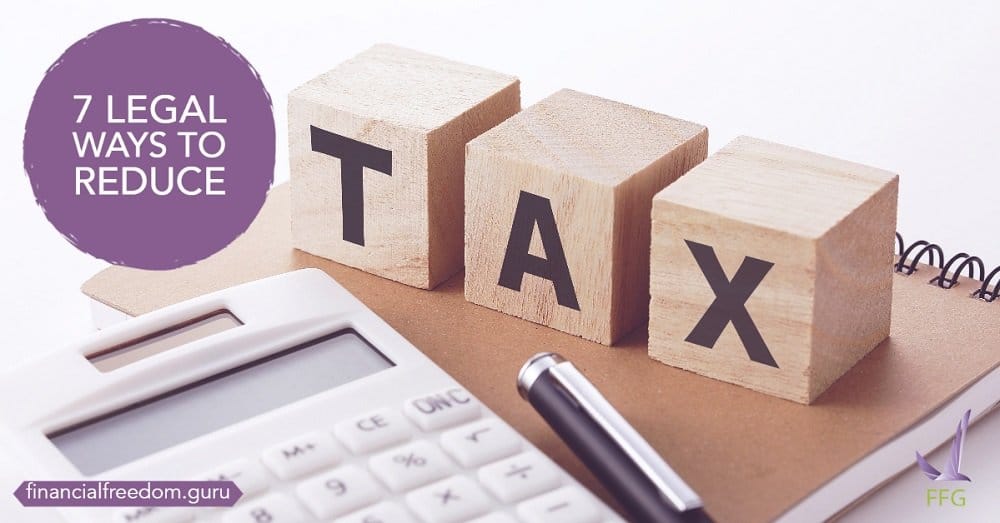5 Common Tax Scams 2026: How to Protect Yourself

Updated: January 06, 2026
Tax day, which is slated for May 17, is fast approaching. In addition to gathering your important documents and making an appointment to see an accountant, you’ll need to be on the lookout for tax scams. Each year scammers come up with new and innovative ways to siphon money out of the bank accounts of unsuspecting victims. In fact, IRS tax scams data reveals that many unsuspecting people have lost a combined tally of millions of dollars due to tax scams.
In order to say safe, you need to take proactive measures. So you must know what the threats are and how to handle the situation should you confront any of these scams. What follows is a look at 5 of the major tax scams that you need to be on the lookout for in 2022. You’ll also find some recommendations on how to conduct yourself should you encounter any of these scams.
Table of Contents
Fake Take Return Preparers
Even though most tax professionals are trustworthy and provide valuable services, there are disreputable ones too. This tax scam for 2022 can come in different forms. Fraudsters can, for instance, do any of the following:
- Insist on cash payment and fail to offer a receipt for services rendered.
- Fraudently invent income so that clients can qualify for tax credits.
- Exaggerate or make up deductions to increase the refund amount.
- Direct refunds into their, rather than into their clients’, bank account.
This problem is so serious that the IRS this year issued a special warning about people who prepare so-called “ghost” tax returns on behalf of unsuspecting people. They do this by guaranteeing higher-value returns. In order to accomplish this objective, they enter fake income numbers and add non-applicable deductions. What these preparers then do is intentionally withhold their signatures so that the taxpayers themselves are responsible.
Ways to Steer Clear of This Tax Scam
- Select a tax return preparer only after doing a bit of research to verify their dependability. These professionals will have a Tax Preparer Identification Number that you can search for on the IRS website.
- It’s also good to look for reviews on reputable review websites.
- Don’t assume that the information on your tax return is accurate. Ensure that you review it prior to signing it.
What to Do if You’ve Fallen for This Scam
- Go to the following link Form 14157, Complaint: Tax Return Preparer to report any misconduct to the IRS.
- File the 14157-A, Tax Return Preparer Fraud or Misconduct Affidavit form if you believe your tax preparer filed or altered your tax return without your permission to do so.
Phishing
Phishing scams refer to attempt by nefarious players to trick unsuspecting people into sharing confidential information. Bad actors often use fake emails, websites, and advertisements to obtain personal information. The problem is that the emails they send look as though they come from legitimate sources, the websites they refer to are almost carbon copies of legitimate sites, and the advertisements they provide look legitimate. The chief objective of phishing scams is to gain the personal and financial information of as many people as possible.
20224 Impersonation Email Scam
The IRS found a never-before-seen impersonation email scam this year. This email scam includes phrases like “Electronic Tax Return Reminder” and “Automatic Income Tax Reminder” in the subject lines. The emails have links leading to a website that designed to look like the IRS.gov site. When unsuspecting people fall for these phishing attempts, they end up inadvertently downloading a malicious file that can compromise their computers in a way that allows criminals to then take control of the compromised computers.
2026 “Tax Transcript” Email Scam
Another scam that the IRS has warned about this year is known as the “Tax Transcript” email scam. In this email scam, taxpayers receive fake emails that impersonate IRS correspondence. Such emails refer to tax transcripts as a way to convince unsuspecting customers to open documents that have malware. This email scam includes attachments called “Tax Account Transcript” or something along those lines. The subject lines contain something along the lines of “tax transcript.”
Tips to Avoid Phishing
- Keep in mind that the IRS does not initiate correspondence with taxpayers via email, social media, or text to ask for personal information or financial information.
- As well, the IRS would never send sensitive documentation like tax transcripts via any of these channels.
- The IRS will typically mail tax transcripts. It will also sometimes get in touch with customers via phone or by visiting their residence or place of business.
- When you receive any suspicious emails, refrain from opening attachments, accessing links, or replying.
What if You’ve Been Fooled by This IRS Tax Scam?
You need to report any suspected phishing activity right away to [email protected].
Phone Scam
For phone scams, criminals pretending to be IRS agents call and bully people with threats of arrest or even deportation if they don’t pay up on a supposedly overdue tax bill. Fraudsters often go to great lengths to make their tax scams seem legitimate. Back in 2019, for instance, criminals made their phone calls seem more legitimate by spoofing the number of an IRS division. So people who were on the receiving end of these calls saw “IRS” on their caller IDs.
Ways to Avoid Being Victimized
- It’s important to know that the IRS won’t ever phone people to request immediate payment using wire transfers, debit cards, or gift cards. They usually initiate a payment request via mail.
- The IRS also won’t threaten to immediately resort to contacting the police for non-payment, won’t demand payment of taxes without allowing taxpayers time to ask questions or to appeal how much is owed, and won’t request debit card or credit card numbers via the phone.
If You’re a Phone Scam Victim
- Hang up the phone if you suspect you’re being harassed by a phone scammer.
- Report the phone scam to the Treasury Inspector General for Tax Administration.
- Record the caller ID as well as the callback number and direct this information to the IRS by sending an email to [email protected]. Ensure that “IRS Phone Scam” is in the subject line.
- Inform the Federal Trade Commission about the phone scam.
Tax ID Theft
A tax identity theft scam usually occurs when a criminal illegally uses someone else’s personal data and social security number to obtain a refund from the IRS even prior to the victim having filed their taxes. Fraudsters have even stooped so low as to use the taxpayer information of a deceased person to attempt to gain a refund. And some fraudsters will even claim someone else’s children as their own dependents in order to get a tax refund they otherwise wouldn’t qualify for.
A New Type of SSN Scam
A new 2022 tax scam involves fraudsters calling people and informing them that they, the fraudsters, have the authority to cancel the victims’ social security numbers.
Ways to Avoid Becoming a Victim
- Prevent others from gaining access to your SSN.
- File your tax return in a safe and secure manner. For instance, if you do it online, use a secure connection. This means you shouldn’t do it while connected to an unprotected wireless hotspot.
- Hang up right away if you get a suspicious phone call where someone asks for your SSN.
In Case You Became a Victim
- If your SSN or any other personal data falls into the wrong hands, go to the IRS Identity Theft Central page and follow the steps provided.
- If you were sent a Form 1099-G for unemployment compensation in 2020 – but did not actually receive funds – you need to follow the steps shown on Identity Theft and Unemployment Benefits
Fake Charities
After natural disasters, many fraudsters impersonate charities in order to take advantage of people who want to contribute towards alleviating suffering. Some of the more brazen fraudsters even reach out to victims by claiming that they are with the IRS.
How to Avoid Being Sucked in
- Avoid disclosing your personal financial information or your SSN to any charity that asks for a donation.
- If you are making a donation, do so by check or by credit card. Don’t do so with cash.
- You can use the IRS website’s search feature to verify whether or not a charity is legitimate.
More Information
- The IRS Special Service Help Line (call to ask disaster-related tax questions) – 866-562-5227.
- Available Relief Info
- International Charity Fraud Awareness Week
- Natural Disasters Scams
Make Your Best to Avoid Tax Scams 2026
So now you’re up to date on some of the tax scams you might encounter this tax season. While these tips will keep you safe during tax time, they can also keep you safe year-round. The fraudsters, after all, do what they do seven days a week.




